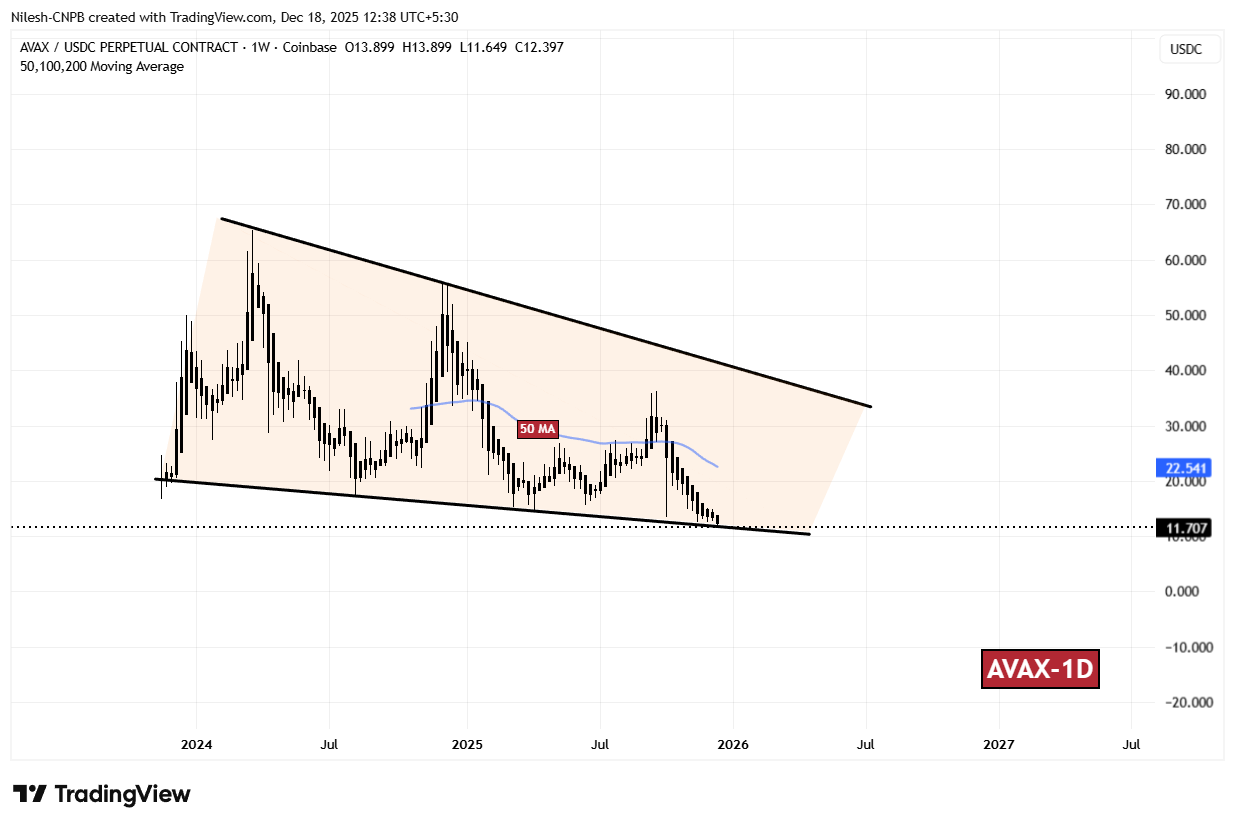Ethereum News Update: PayPal and OpenAI Partnership Ushers in $1 Trillion AI-Driven Commerce Age
- PayPal partners with OpenAI to enable ChatGPT users to shop via PayPal's digital wallet, linking Walmart/Sam's Club accounts automatically. - The integration leverages PayPal's Ethereum-based PYUSD stablecoin, boosting cross-border payments and driving 20% trading volume growth on Solana. - PayPals Q3 earnings beat estimates by 10.74%, with stock surging 14% pre-market and a $0.14 dividend signaling confidence in long-term profitability. - Agentic commerce could disrupt traditional e-commerce by streamli
PayPal Holdings Inc. (PYPL) has made a significant entry into AI-powered commerce by forming a strategic alliance with OpenAI, allowing users to shop directly through ChatGPT. This announcement, which coincided with a 14% jump in pre-market shares and the company’s first dividend declaration, places PayPal at the leading edge of agentic commerce—a new model where AI agents manage shopping activities, as reported by Finance Monthly.
With this integration, ChatGPT users can now complete purchases effortlessly using PayPal’s digital wallet, which can automatically connect to their Walmart or Sam’s Club accounts, according to Forbes. This initiative follows similar moves by Walmart and Shopify, reflecting a wider industry trend toward AI-enabled transaction platforms, as detailed in The Fashion Law.Through its partnership with OpenAI, PayPal is utilizing its
USD (PYUSD) stablecoin, an ERC-20 token on Ethereum that is fully backed by reserves, according to Blockchain News. PYUSD supports smooth international payments and works seamlessly with infrastructure, making it central to PayPal’s blockchain initiatives. Over the past month, trading volume for the stablecoin has increased by 20% on platforms such as , indicating its rising use within PayPal’s ecosystem. At the same time, the adoption of agentic commerce protocols—like the open-source Agentic Commerce Protocol (ACP)—enables frictionless exchanges between consumers, AI agents, and sellers, as highlighted by Yahoo Finance.
This collaboration offers more than just convenience. Experts point out that PayPal is tackling longstanding e-commerce challenges, such as abandoned shopping carts and inefficient product searches. By embedding payment options directly into AI platforms, PayPal seeks to simplify the buying process, minimizing the steps from discovering a product to completing a purchase; The Fashion Law notes this evolution in how consumers interact with brands. Now, users can receive personalized suggestions and finalize orders without leaving ChatGPT, a feature also discussed by Forbes. This development aligns with McKinsey’s forecast that agentic AI could drive up to $1 trillion in U.S. B2C sales by 2030, as reported by The Fashion Law.
PayPal’s shares have climbed in response, fueled by strong third-quarter results and strategic advances. The company posted adjusted earnings per share of $1.34, beating projections by 10.74%, and saw revenue grow 7% to $8.42 billion, according to Investing.com. . Total payment volume increased 8% to $458.1 billion, and PayPal raised its 2025 earnings outlook to $5.35–$5.39 per share, as also mentioned by Yahoo Finance. Major institutional investors, such as Resonant Capital Advisors and Goldman Sachs, have expanded their positions, with Goldman Sachs boosting its holdings by 44.6% in the first quarter of 2025, a detail also noted by Forbes. The introduction of a $0.14 quarterly dividend—a 10% payout ratio—signals a new focus on returning capital to shareholders and demonstrates PayPal’s confidence in its future profitability, as covered by Finance Monthly.
The overall market response highlights the game-changing impact AI could have on retail. Walmart’s own partnership with OpenAI, which lets ChatGPT users shop its full range of products (except fresh groceries), underscores the competitive landscape in online retail and was examined by Forbes. Analysts suggest that agentic commerce could upend traditional search engines and marketplaces by consolidating shopping through AI agents; Practical Ecommerce explores how this shift affects small retailers. For local businesses, the challenge will be to use AI to enhance rather than replace the personal touch—Andrew Stern of Quilt Software argues that specialty shops should focus on expertise and tailored service to stand out from algorithm-driven efficiency, as discussed in Practical Ecommerce.
Nonetheless, there are risks. The move toward automated transactions raises issues around security, privacy, and consumer confidence. Regulatory bodies will need to update their policies to address cases where AI, not people, initiate purchases, as The Fashion Law discusses. Smaller businesses may also find it difficult to optimize their online catalogs for AI, potentially reducing their visibility and competitiveness—a concern also raised by The Fashion Law.
PayPal’s expansion into agentic commerce is part of its larger push into blockchain and stablecoins. The company’s PYUSD token, which operates on Ethereum, highlights its dedication to decentralized technology, as detailed by Blockchain News. As AI-driven shopping continues to develop, PayPal’s success will depend on its ability to innovate securely and maintain its leadership in digital payments in this rapidly changing landscape.
Disclaimer: The content of this article solely reflects the author's opinion and does not represent the platform in any capacity. This article is not intended to serve as a reference for making investment decisions.
You may also like
Ethereum Whale ‘BTC OG Insider’ Unstakes 449,000 ETH, Total Climbs to 615,000 ETH ($1.8B)
Soft U.S. Jobs Data Could Push Fed Toward Early Rate Cuts, UBS Warns; 2026 Cut Possible
Krypto Schock: Maxi Doge MAXI sorgt für neue Hype Welle

Avalanche (AVAX) Dips To Test Key Support — Could This Pattern Trigger an Rebound?
